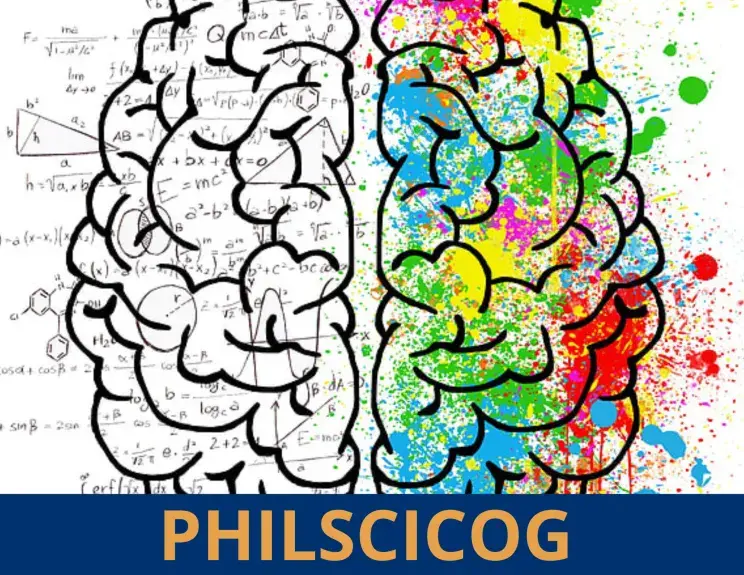
Séminaire PhilSciCog
Nous aurons le plaisir d'écouter : Pamela Lyon, University of Adelaide
Pamela Lyon est une philosophe de la biologie spécialisée dans l’étude de l'évolution de la cognition. Elle utilise la littérature scientifique issue d'un large éventail de disciplines pour répondre à des questions concernant l'origine et la nature de l'esprit - ce qu'il est, ce qu'il fait et comment il fonctionne.
S'appuyant sur une "approche biogénique" de la cognition, Pamela Lyon a participé à initier le domaine émergent de la "cognition basale". L'objectif de ce nouveau domaine de recherche est de retracer l'évolution des capacités et des mécanismes cognitifs, depuis les organismes unicellulaires jusqu'aux animaux dotés de systèmes nerveux, y compris les humains.
Title: Autopoiesis and knowing: first principles of cognition
Abstract: In 1970 neuroscientist Humberto R. Maturana described living organization as self-producing, which requires the system to develop interactive relations with elements of its environment to acquire matter and energy. These relations are selective, valenced, conditioned, perturbable, and (within limits) correctable. Maturana recognized these features as cognitive and necessary for life. In 1976, unaware of Maturana, biologist Brian C. Goodwin advanced the idea of cognitive biology on the basis that molecular processes—developmental, genetic, enzymatic—embody knowledge about the world, where knowledge is the capacity to act based on information. Not long after, biochemist Ladislav Kováč convergently evolved the idea of cognitive biology while studying yeast. This talk will combine the insights of autopoiesis and cognitive biology to articulate principles for a phyletically neutral, biologically grounded comparative psychology by showing how a complex social bacterium casts unexpected light on a workhorse topic in the field: predatory behavior.
Keywords: Cognition, autopoiesis, cognitive biology, comparative psychology, predator-prey, bacteria
Séance exceptionnellement en Zoom